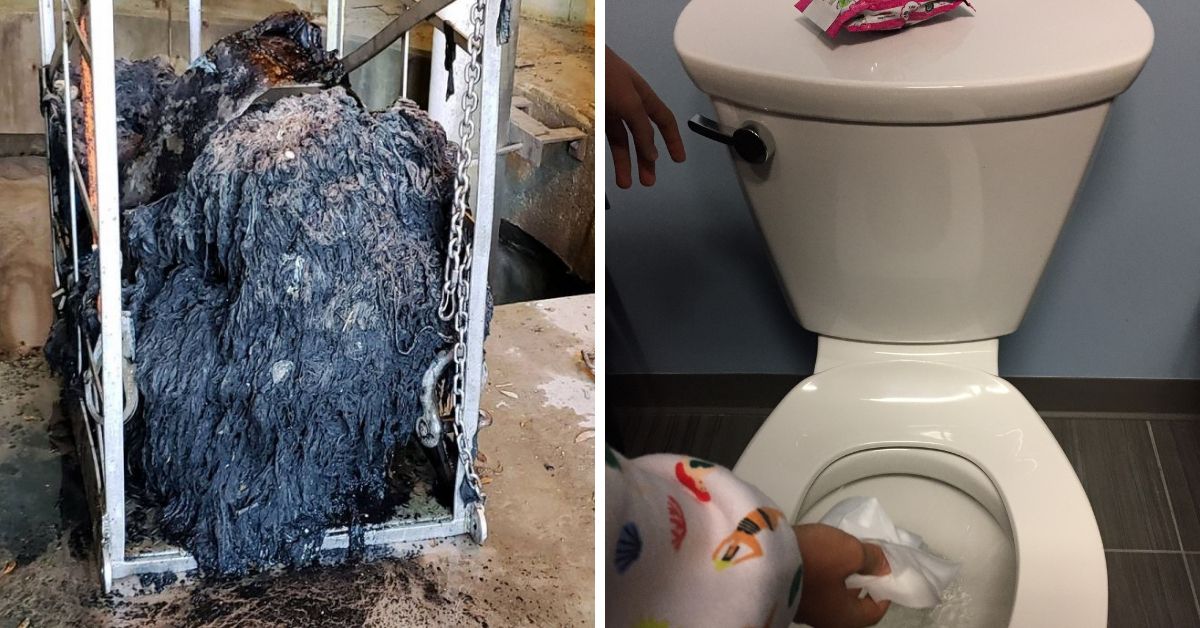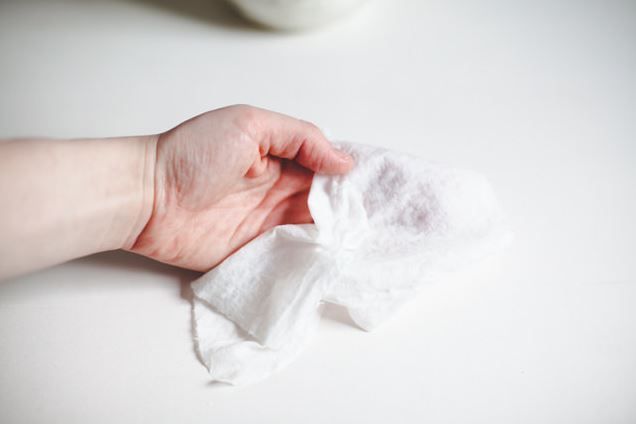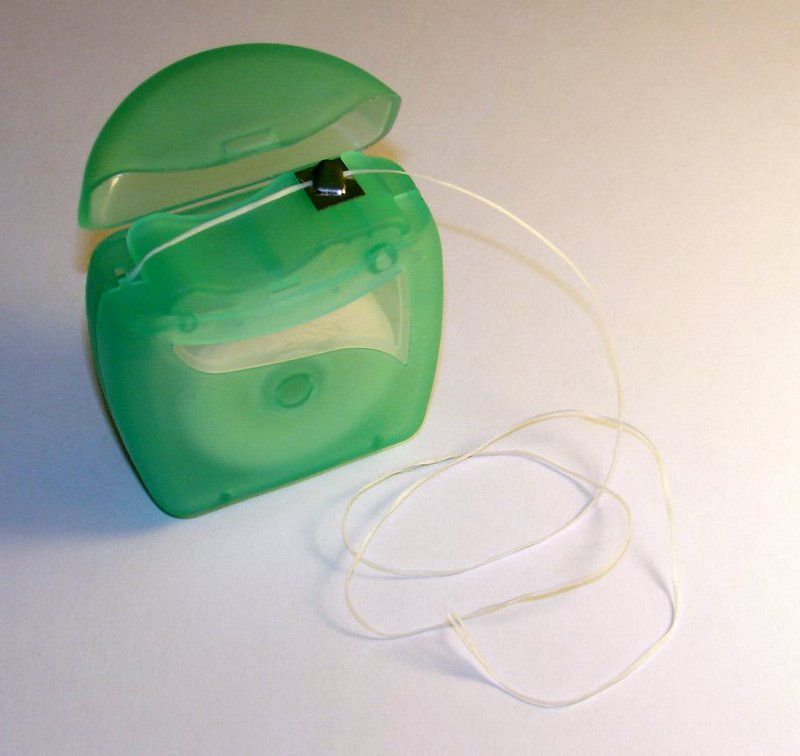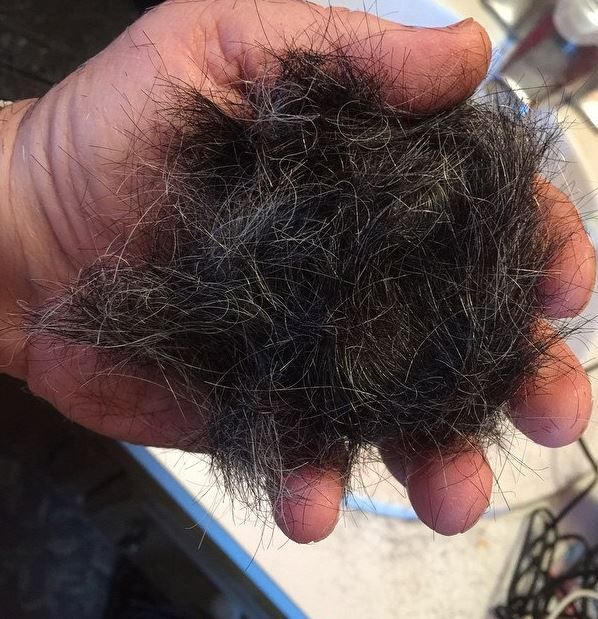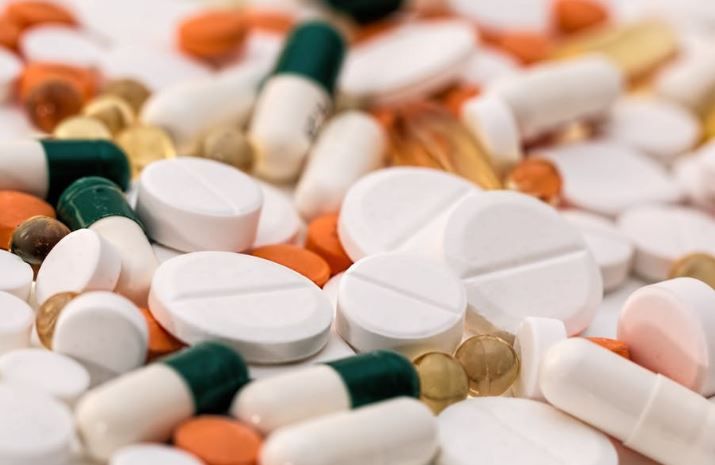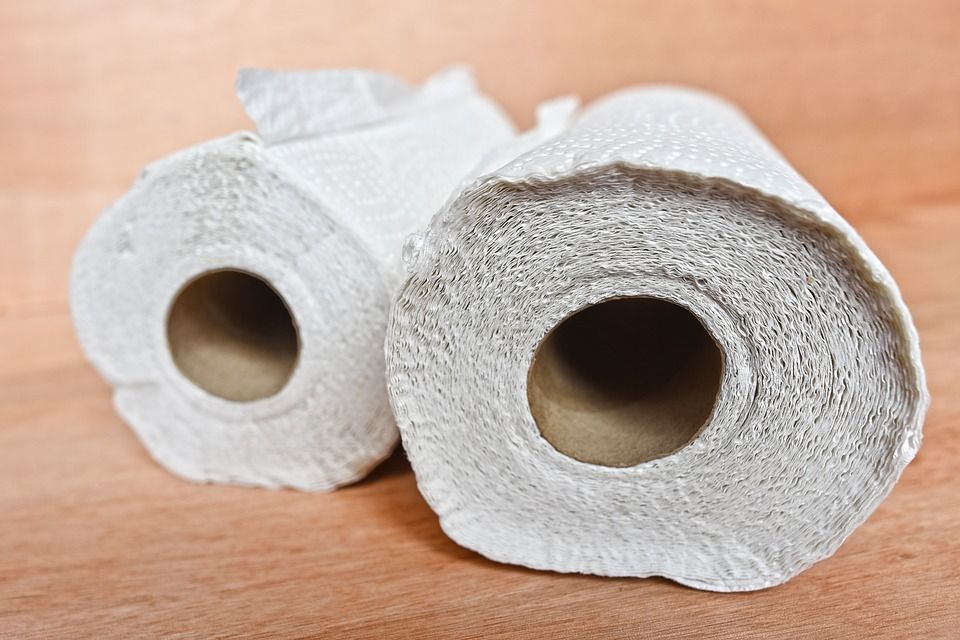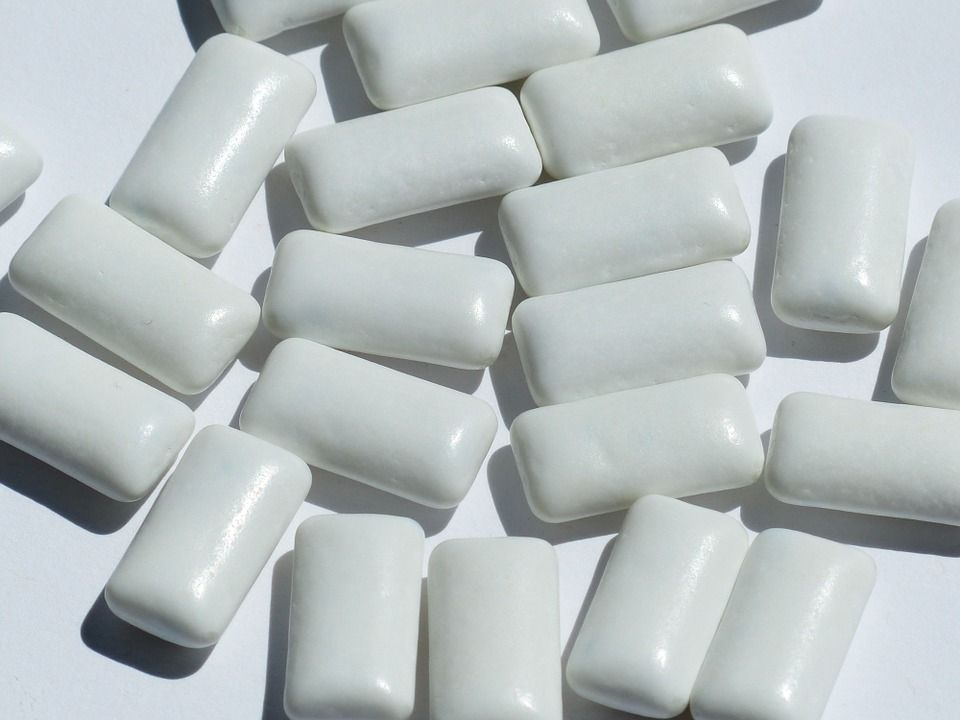Baby wipes can be used for more than just keeping your baby's bum clean.
You can use them to easily wipe off makeup, remove embarrassing stains off your shirt, pick up pet hair, and the list goes on.
After the job's done, where do these dirty wipes end up in your home? In the trash, or flushed down the toilet?
If you're impressed by the durability of these wipes, then you should by now know that they're not made from the same material as toilet paper.
Baby wipes are comprised of non-woven fabric, which can also be found in diapers and dryer sheets.
While some wipes are marketed to be "flushable," don't be fooled.
These fabrics can clog sewer systems, and officials in one American city have a series of nasty photos to prove it.
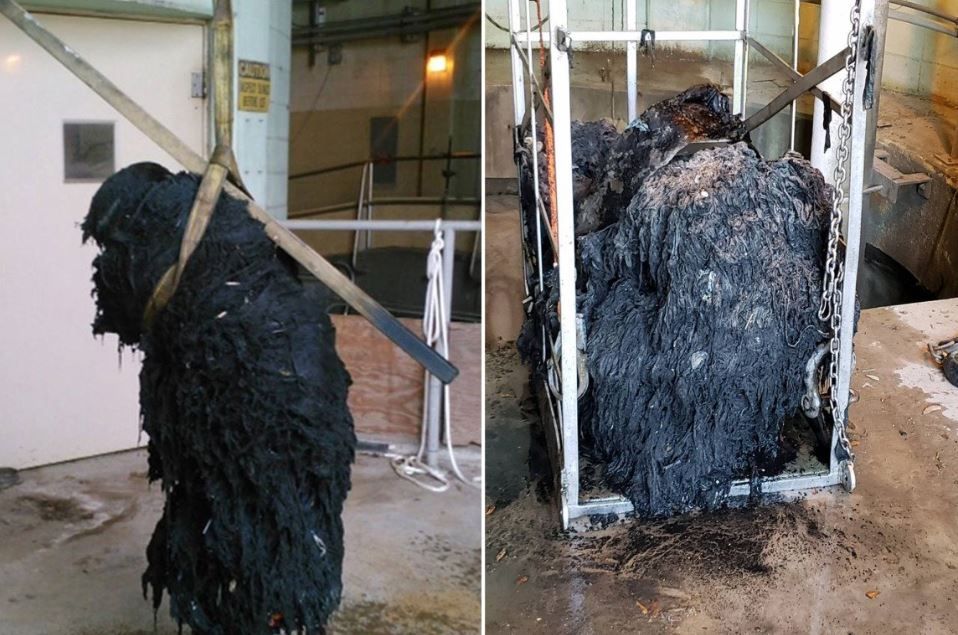
When portions of the sewer system in Charleston, South Carolina were not working efficiently, they had to sent divers to get to the root of the problem.
A team of divers had to swim 80 to 90 feet into raw sewage to find and clear the obstruction.
What they were able to fish out in the darkness was a large mass of disposable wipes.
According to officials, it took the crew three days to get the treatment plant working like it used to.
Then we sent divers 80-90 feet deep into the wet well/raw sewage to search in complete darkness with their hands to find and identify the obstruction. As we expected, they came up with these large masses of wipes in their first two loads, with more to come. pic.twitter.com/XcmZXf9ECF
— Charleston Water (@ChasWaterSystem) October 15, 2018
Charleston Water sent out a series of tweets to address the issue.
Despite the seriousness of the matter, they tried to use humor to get their message across.
BREAKING NEWS! Our super-duper high tech lab folks just developed an incredible new space-age wipe that is truly "flushable" and GUARANTEED to break down before you even flush it. Find this innovative product in retail stores nationwide starting today! pic.twitter.com/OkYokHIFis
— Charleston Water (@ChasWaterSystem) October 17, 2018
Of course, the massive toilet wipes were a shock to both residents and officials, but some other strange items were also found in the black heap.
"They also found a baseball and a big piece of metal. Don't flush stuff like this. Joking of course, but you should only flush #1, #2, and toilet paper."
They also found a baseball and a big piece of metal. Don't flush stuff like this. Joking of course, but you should only flush #1, #2, and toilet paper. The photo looking down into a pool of wastewater shows many other non-flushables. We made this pic low-res for your benefit. pic.twitter.com/fInq5YWU5a
— Charleston Water (@ChasWaterSystem) October 15, 2018
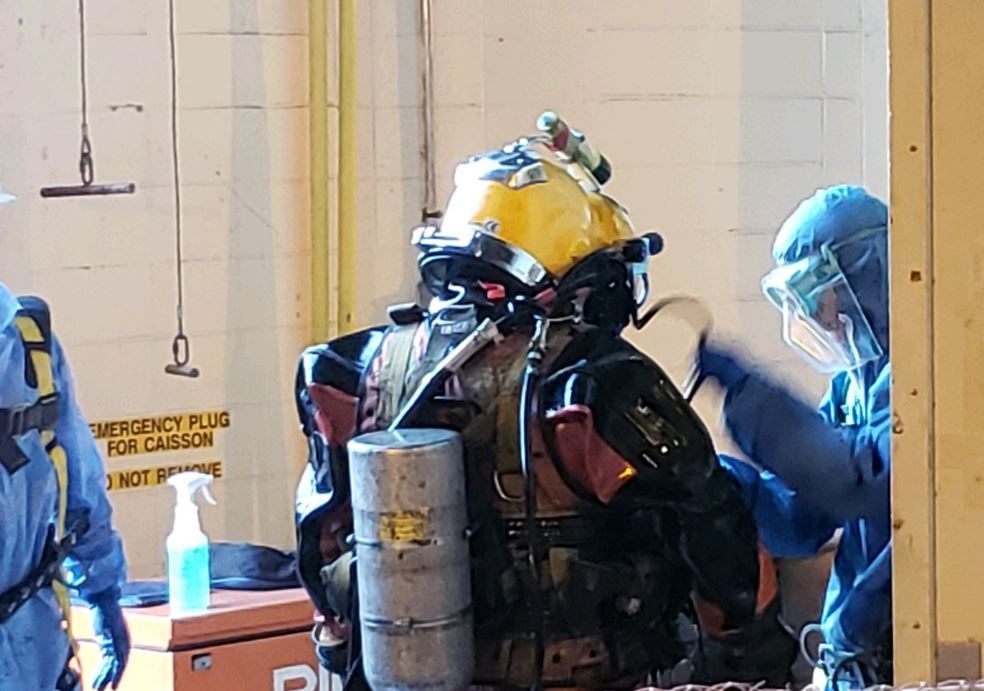
A Charleston Water spokesperson told WCIV News that any kind of wipe should never be flushed down the toilet:
"It boils down to the fact that "˜flushable' wipes simply are not flushable. They may degrade over time and they may go down your toilet, but they certainly will block up the plumbing in your home, and wreak a lot of havoc in our system, so we would really appreciate any change that people could make."
Here are five more surprising things you should never flush down the toilet:
1. Floss
Dental floss is not biodegradable and can easily wrap itself around pipes, which could result in a clog.
2. Hair
Whether it's a string of hair or a whole hair ball, it should always be tossed in the trash, not the toilet.
Like floss, hair does not dissolve in water and can wrap around pipes.
3. Medication
While prescription medication doesn't pose a risk to water pipes, they can contaminate our fresh water supply.
Several research studies have found that strong medications flushed down the toilet are not only affecting the well-being of people, but also wildlife.
4. Paper Towels & Tissues
There's a reason you use paper towels to clean countertops and dry your hands instead of toilet paper.
These pieces of tissue are made of stronger material and are not designed to break down the way toilet paper does.
5. Gum
You've probably heard the myth that chewing gum takes seven years to digest.
While that's not true, gum is not the easiest thing to break down, especially in water.
Flushing these sticky candies down the toilet can also cause a clog.
[H/T: Global News]
